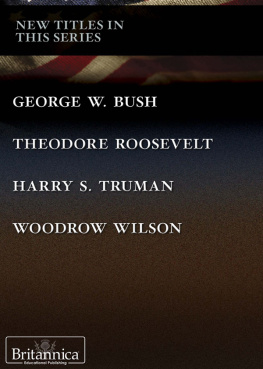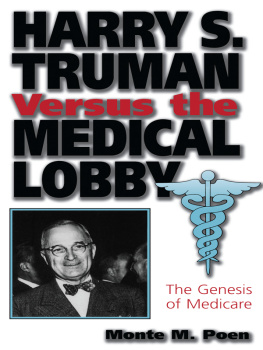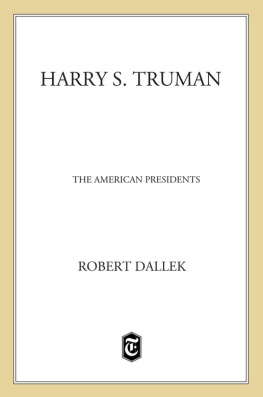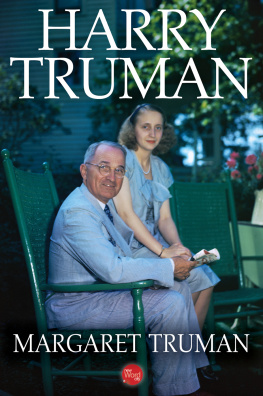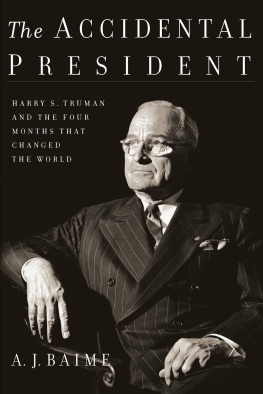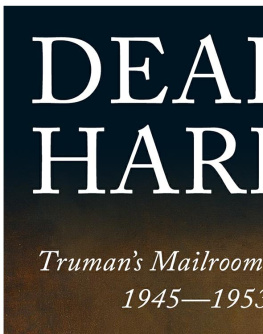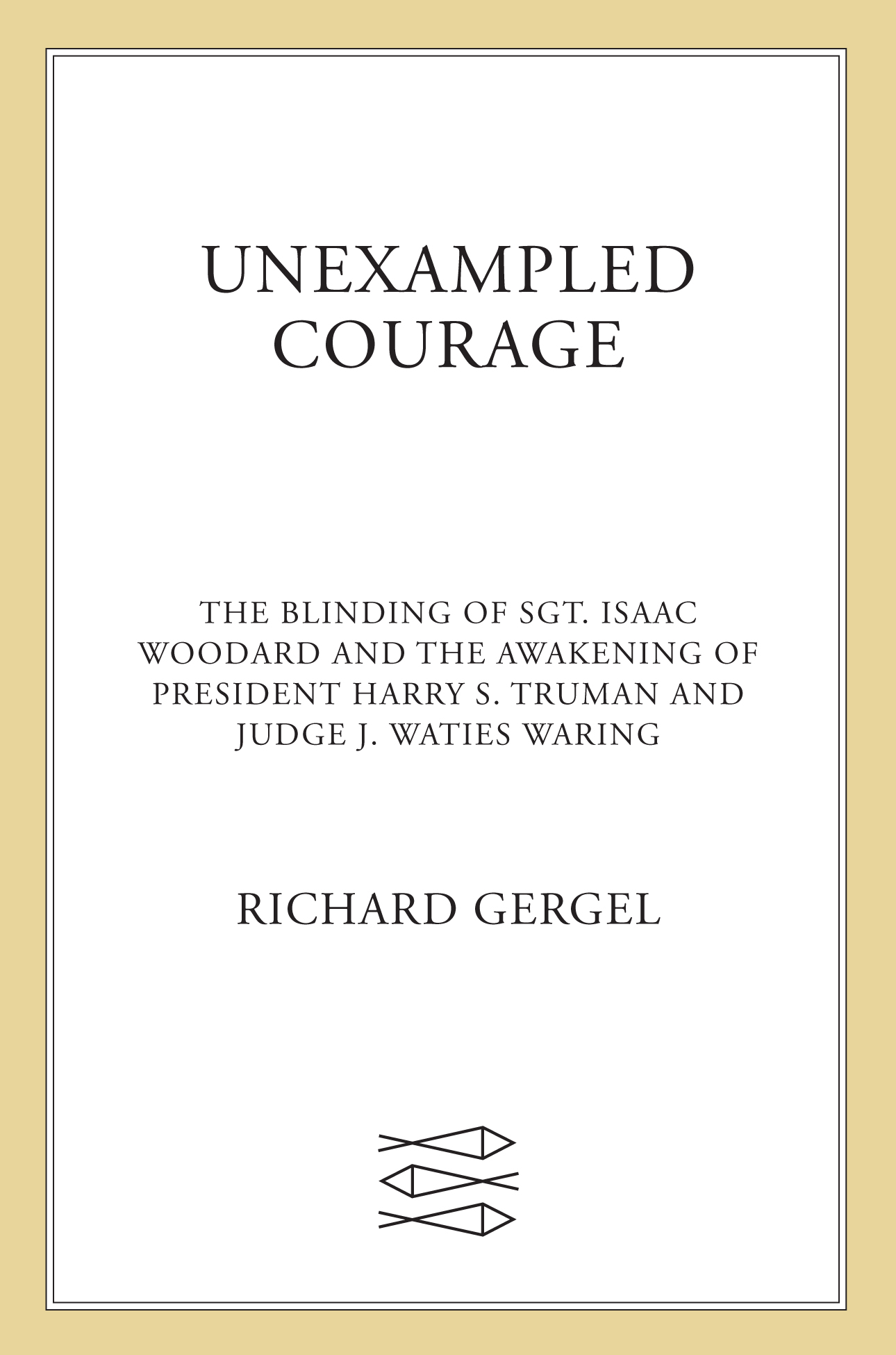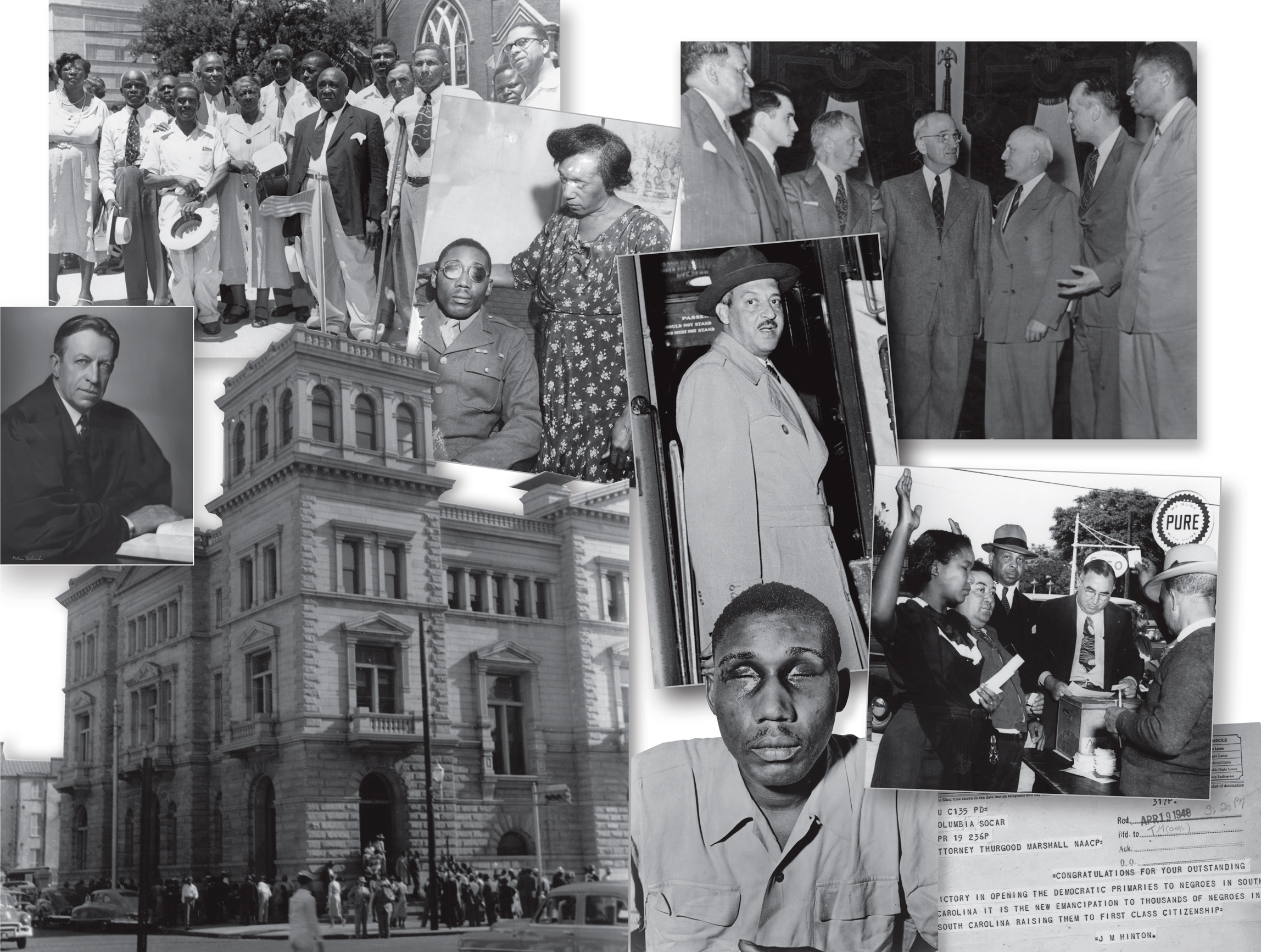The author and publisher have provided this e-book to you for your personal use only. You may not make this e-book publicly available in any way. Copyright infringement is against the law. If you believe the copy of this e-book you are reading infringes on the authors copyright, please notify the publisher at: us.macmillanusa.com/piracy.
T HE UNITED STATES emerged from World War II in ascendency, having conquered Nazi Germany and imperial Japan. Looking over a war-ravaged world, American leaders sought to remake foreign governments in Americas own image, as democracies committed to individual liberty and human rights. But beneath the veneer of Americas grand self-image was a stark reality: African Americans residing in the old Confederacy lived in a twilight world between slavery and freedom. They no longer had masters, but they did not enjoy the rights of a free people. Black southerners were routinely denied the right to vote, segregated physically from the dominant white society as a matter of law, and relegated to the margins of American prosperity.
African Americans living in other regions of the country faced their own racial challenges. This gaping chasm between the ideal world envisioned by white Americans and the real world experienced by black Americans represented, as the Swedish economist and social scientist Gunnar Myrdal put it, a moral lag in the development of the nation and a problem in the heart of America.
Seen from todays perspective, the American triumph over Jim Crow segregation and disenfranchisement might seem to have been inevitable, the collapse of morally indefensible practices wholly inconsistent with the U.S. Constitution. But in 1945, with southern state governments resolutely committed to the racial status quo and the federal government largely a passive bystander, there was no obvious path to resolving this great American dilemma. Something had to be done, but what, and by whom?
On February 12, 1946, Sergeant Isaac Woodard, a decorated African American soldier, was beaten and blinded in Batesburg, South Carolina, by the towns police chief on the day of his discharge from the U.S. Army and while still in uniform. The brutality and injustice of Woodards treatment encapsulated the angst and outrage of the nations 900,000 returning black veterans, who felt their service in defense of American liberty was not appreciated. Soon, protests and mass meetings in response to the Woodard incident were held in black communities across America. Civil rights leaders demanded federal action to hold the police officer accountable for Woodards brutal treatment and to protect the rights of the nations black citizens from racial violence. Demands for action soon reached the doorstep of the new president, Harry S. Truman, and placed him in the crosswinds of Roosevelts disparate New Deal coalition, which included southern segregationists and newly emerging black voters in critical swing states outside the South. Although counseled by his staff and political allies to stay away from divisive civil rights issues, Truman responded to the Woodard blinding by directing his excessively cautious Department of Justice to act. Within days, the department charged Lynwood Shull, the police chief of Batesburg, with criminal civil rights violations and began the process of establishing the first presidential committee on civil rights, to address the widespread reports of violence against returning black veterans. Trumans civil rights committee would, within the year, issue a report recommending a bold civil rights agenda, culminating in Trumans historic executive order in July 1948 ending segregation in the armed forces of the United States.
The Justice Departments prosecution of Shull before an all-white jury in the federal district court in Columbia, South Carolina, resulted in the police chiefs quick acquittal. But the jurys failure to hold the obviously culpable police officer accountable profoundly troubled the presiding judge, J. Waties Waring, and sent him on a personal journey of study and reflection on race and justice in America. Within months following the Shull trial, Waring began issuing landmark civil rights decisions, then unprecedented for a federal district judge in the South. Despite blistering public denunciations, death threats, and attacks on his home, Waring persisted in upholding the rule of law in his Charleston, South Carolina, courtroom, including his 1951 dissent in a school desegregation case, Briggs v. Elliott, in which he declared government-mandated segregation a per se violation of the Fourteenth Amendment. Three years later, a unanimous U.S. Supreme Court would adopt Warings reasoning and language in Brown v. Board of Education, destroying the legal foundation of Jim Crow segregation.
While conducting research for this book, I came across a statement attributed to the legendary civil rights leader Julian Bond in which he asserted that the Isaac Woodard incident ignited the modern civil rights movement. Intrigued, I contacted Bond in September 2014 to hear his explanation of that statement. I shared with him the connection of the Woodard incident to the racial awakening of President Truman and Judge Waring and asked if that was the basis of his statement. Bond explained that while my research tended to confirm his statement, he had meant to express the belief that the tragic circumstances of Woodards blinding had inspired a generation of African Americans to action. He then recalled from memory the story of Woodards blinding and described a photograph he remembered from his childhood. As Bond described the image, he began to weep openly over the telephone. Composing himself, he apologized for his tears but stated that after all these years I still weep for this blinded soldier.
The power of the Isaac Woodard story moved people of goodwill to act in the postwar era and still had the force to move Julian Bond to tears nearly seventy years later. In the end, Woodards blinding would open the eyes of many Americans, black and white. This is a story that deserves to be told, with all its pathos, its brutality, and its redemption of the American system of justice.
A S THE CLOCK struck 7:00 p.m. on August 14, 1945, President Harry S. Truman assembled the White House press corps in the Oval Office. The ebullient president, standing behind his desk, informed the reporters that earlier that afternoon the Japanese government had unconditionally surrendered, bringing an end to World War II. The reporters spontaneously burst into applause and then raced for the door, to share this historic announcement with the rest of the nation. Thousands gathered in Lafayette Square across from the White House to celebrate, and soon there were calls of We want Truman! We want Truman! The president came onto the North Portico of the White House to make a few remarks. This is a great day, Truman declared, the day weve been waiting for. This is the day for free governments in the world. This is the day that fascism and police government ceases in the world. The great task ahead [is] to restore peace and bring free government to the world.


